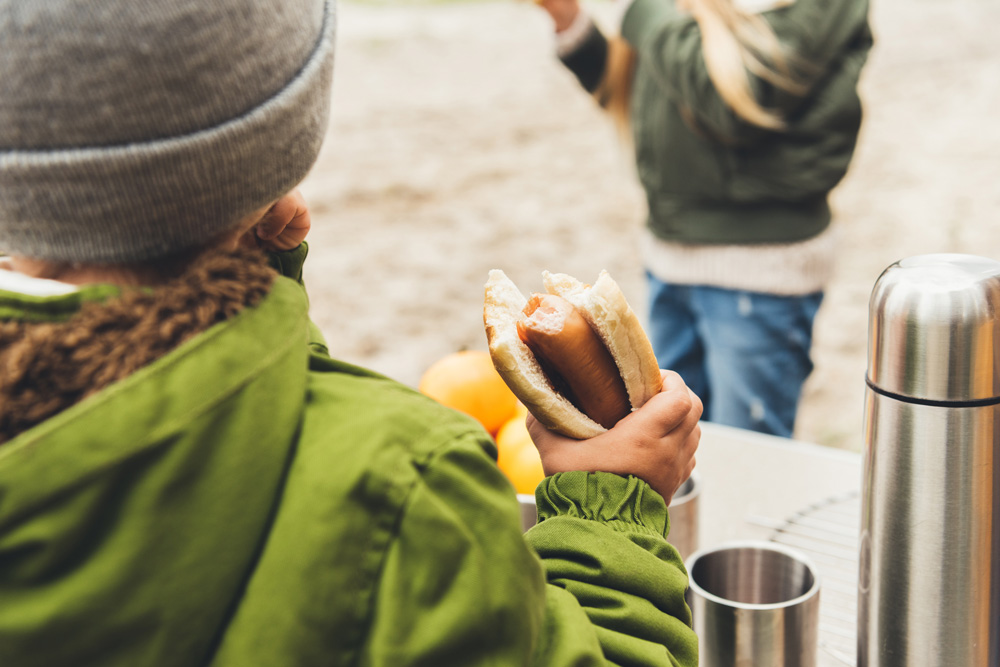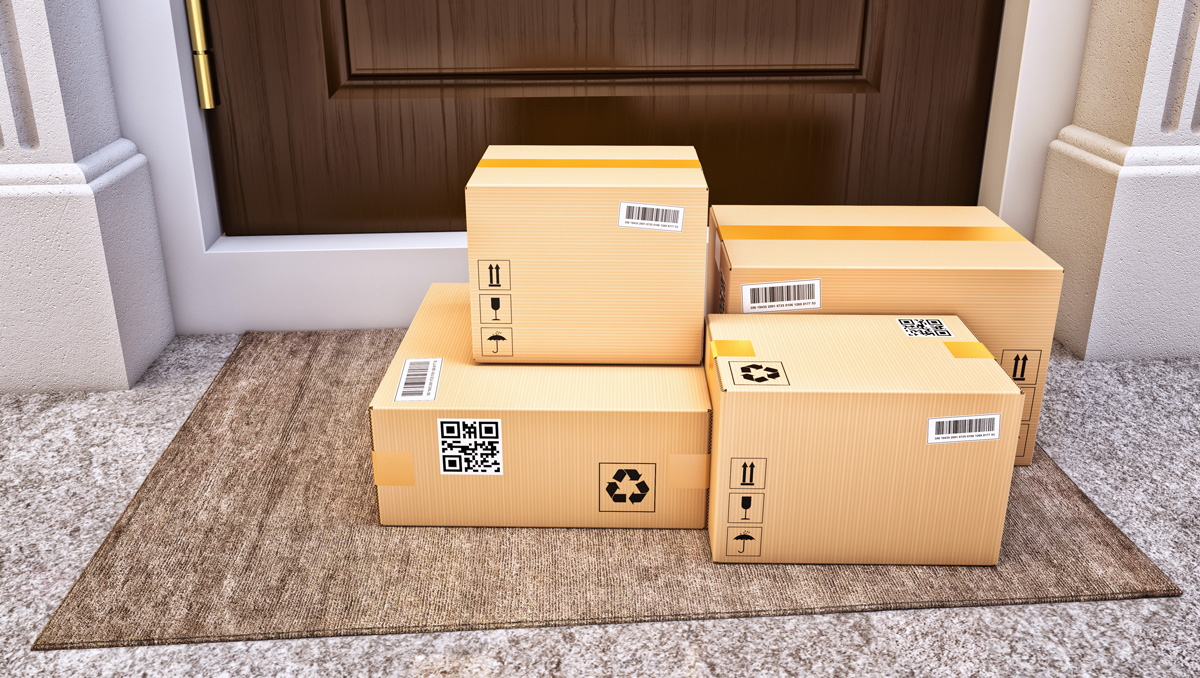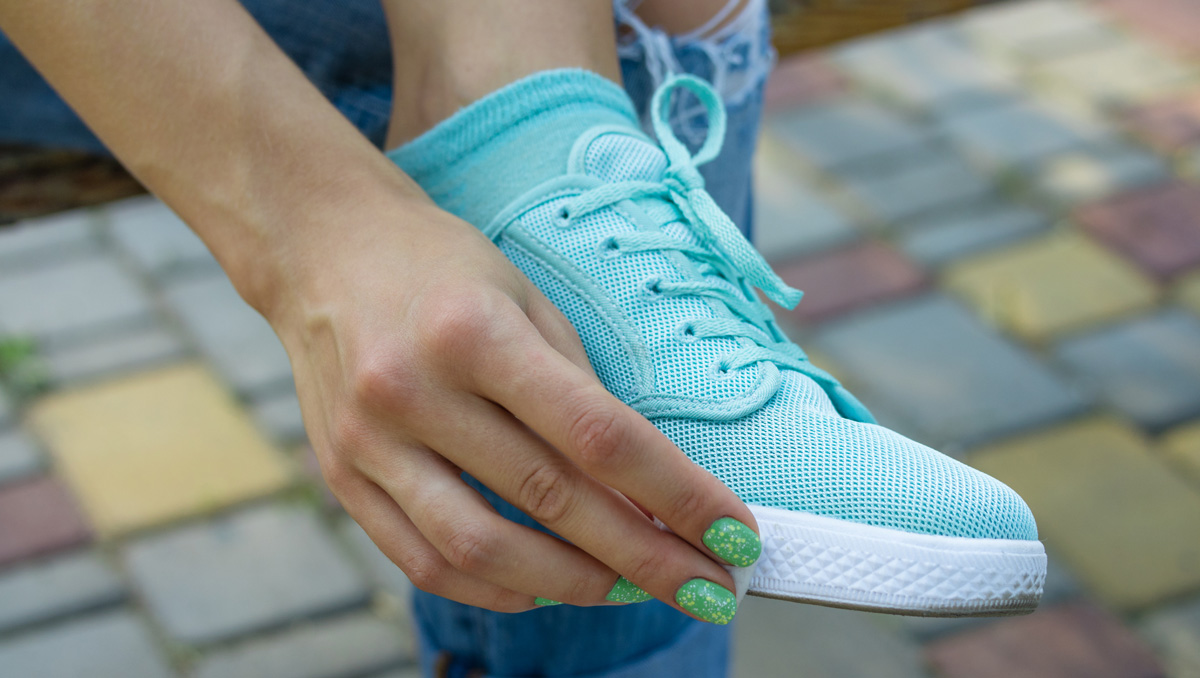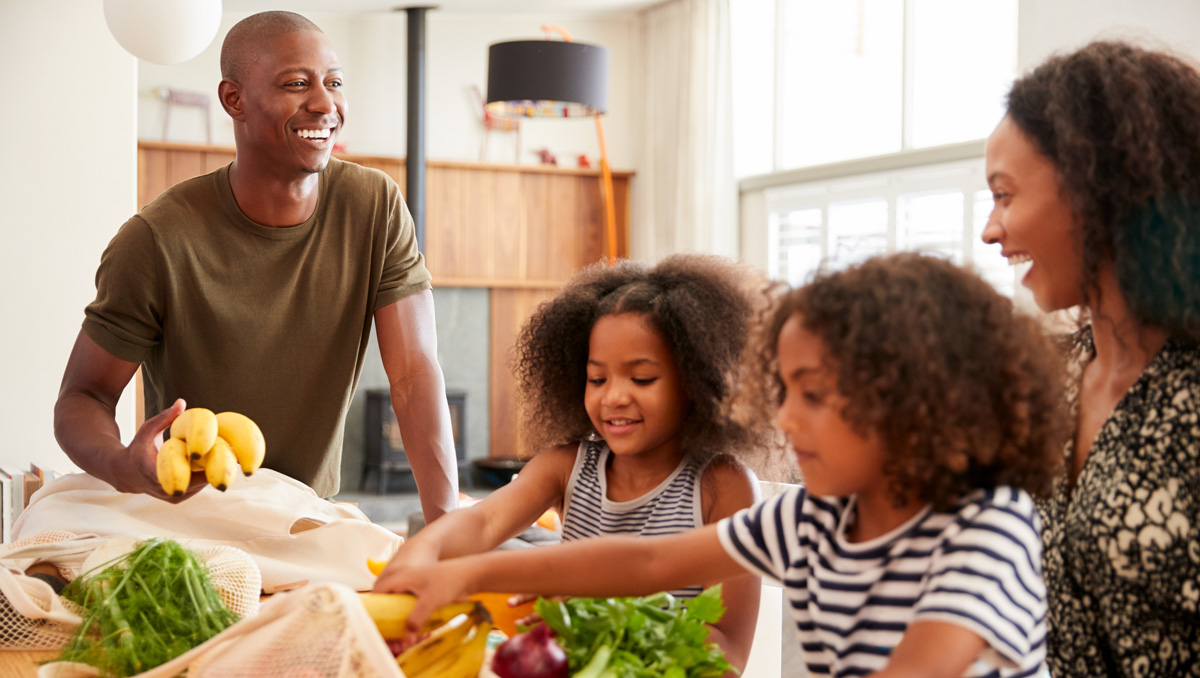The Best Things in Life?

The pandemic has thrown families everywhere a real curveball to say the least. But social distancing doesn’t only present challenges. For example, a primary benefit of all the extra together-time, is the opportunity to talk with your children about money. If you only do this for 10 minutes a night for one week, your family will be able to exit the pandemic with money-smarter kids.
You don’t need to be an expert, or download an App. You only have to take some of the time you are already spending together – and make sure that your children are in possession of some simple facts. We promise, this can’t help but help them have a greater respect for your family’s hard-earned income. Do you have Grade School kids at home with you right now? At dinner tonight, why not take a walk down memory lane and share some of your favourite childhood memories?
We spend a lot of time talking to kids about money in their classrooms. And teachers regularly tell us that when students return from a school holiday, they rarely describe “what they got” but rather “what they did”, and perhaps most importantly, who they did it with or for. So think about how to weave some of your childhood memories into tonight’s dinner conversation. Chances are, this exercise will underscore that even though we often pine for things, what we tend to remember are how we felt at a moment in time, or made someone else feel. You know where this is going…the best things in life, usually aren’t things at all!

We’ve all heard the adage that money can’t buy happiness – but experiencing that truth, even in the third person, can reveal what having enough distance to take a backward glance often does: the best things in life, usually aren’t things at all.
We’ve heard about mothers bringing steamy hotdogs to hockey practices so hungry kids could eat before the hour-long drive home. We’ve been told about sparkling Jello served at backyard BBQs – the secret (uttered with twinkling eyes) is to substitute a cup of cold gingerale for a cup of cold water in the recipe. Children describe with pride how their father keeps a jar of marshmallow cream in the glove-box of the car to add to hot chocolate after an afternoon of sledding. We almost never hear about “stuff” – and if we do – it is typically because there was a tremendous amount of planning or sacrifice involved in their purchase. “My brother got the highest Math Grade at his school and so my parents used money we had saved for a new TV to let him go to coding camp this summer…so he let me use his laptop to watch movies when he was sleeping in after staying up too late…”
An activity that supports this idea is to have your kids get a head-start on preparing for Mother’s and/ or Father’s Day. Younger children typically prepare Mother’s and Father’s Day cards at school. That obviously can’t happen in quite the same arms-length manner in 2020. So consider encouraging your kids to start thinking right now about what they can create, bake or make at home, in advance of May 10th and June 21st. Explain that this year, it will take extra planning and time to get all the necessary ingredients together, or tools, or substitutions…but that it might be more important than ever, to make sure our parents know how much we appreciate them. There have likely been tears and frustrations these past weeks, but also laughter and leaning into one another like never before. We’ll say it again, the pandemic is painful, but that’s not all it is.
Hang onto hope everyone, let’s get through this thing, if nothing else, with money-smarter kids.
If you are interested in how children research the full value of a request or purchase (before they make it) at one of our in-classroom workshops, please click on the Green or Pink Buttons below. Of course, they can also do this at home!




